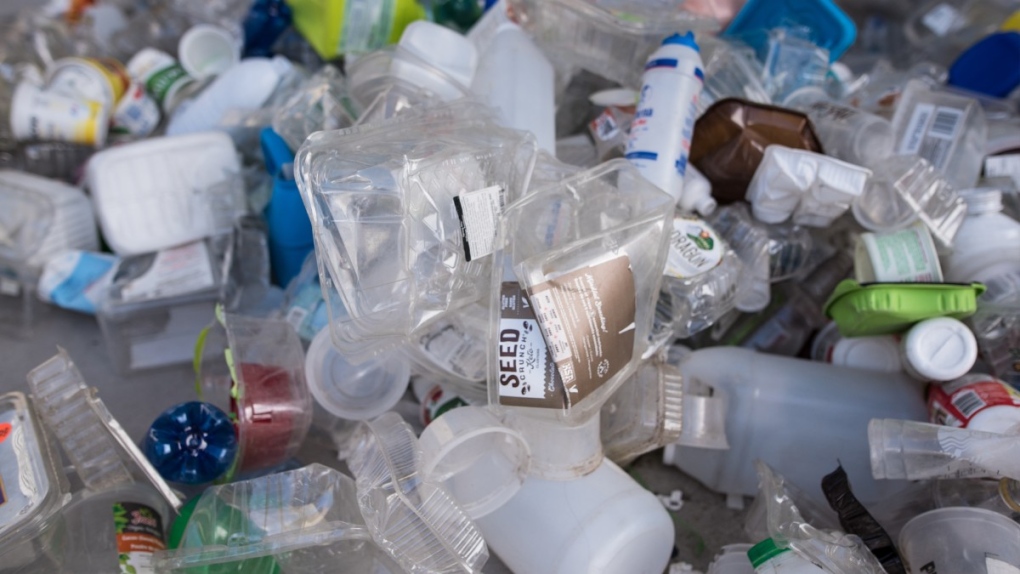
Plastic straws, food containers, checkout bags, and cutlery are no longer authorized to be served to customers in Canadian restaurants and cafes despite a court judgment that such prohibitions are illegal.
The legislation prohibiting single-use plastics was established last year and was to be phased in as part of Ottawa’s pledge to reach zero plastic waste by 2030.
However, it met a hitch in November when a Canadian court determined in a dispute brought by oil and chemical corporations that it was “unreasonable and unconstitutional.” The government went forward nevertheless, asking the court to delay an order quashing the ban while it appealed the verdict, and the ban on the manufacture, sale, or in-store distribution of single-use plastics went into effect.
According to Ottawa, Canadians discard three million tons of plastic waste per year, including 15 billion bags. Only about 9% of it is recycled. The current government has stated that it intends to raise that to 90 percent by 2029, in line with European standards.
“The science is clear: plastic pollution is widespread and harmful to wildlife and the environment.” It can be found all over Canada and the world,” stated Environment Minister Steven Guilbeault in a statement.
According to a survey conducted by the environmental nonprofit Oceana Canada, Canadians largely favor the plastics ban, which comes as 50 other countries pass legislation to address plastic waste.
To tackle this rampant pollution, the world must cut single-use plastics and substantially increase reuse and recycling of plastics while rolling out alternatives, according to the United Nations Environment Programme (UNEP) in May.
In 2019, 353 million tonnes of plastic garbage were produced globally, with 22% of the debris ending up in landfills, being burned, or being dumped into nature
Also Read; Why a Strong Plastic Treaty is Required to Preserve World Health


































































